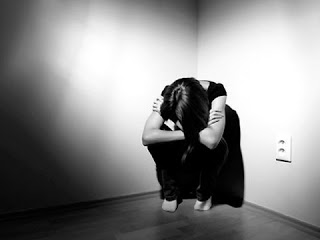
By Randy Moraitis, MA, BCPC, CPC
Mindfulness is a hot topic today in both psychology and medicine. According to Psychology Today, mindfulness “is a state of active, open attention on the present. When you’re mindful, you observe your thoughts and feelings from a distance, without judging them good or bad. Instead of letting your life pass you by, mindfulness means living in the moment and awakening to experience.”
I first became mindful of mindfulness (sorry, I couldn’t resist the bad pun) several years ago while spending time with a friend who is a double board certified physician (family medicine and addictionology).
My friend was passionately extoling the virtues of mindfulness meditation in treating addiction, anxiety, depression, and more. As a pastor I was leery of the eastern mysticism baggage attached to my idea of mindfulness, but intrigued by the potential for healing. So I decided to do some research.
What I learned was both surprising and interesting. After Dr. Jon Kabat-Zin included a mindfulness treatment protocol (MBSR) at the University of Massachusetts for chronic pain, research on mindfulness meditation exploded and today most major medical schools have a mindfulness center as part of their school or hospital.
As my physician friend told me, mindfulness as part of one’s treatment, has indeed helped many patients with addiction, anxiety, depression, attention disorders, and pain management.
And regarding my concerns as a pastor—I found the work of Mark J. Myers, Ph.D. to be reassuring. Dr. Myers conducted a study at Liberty University in 2012 that showed that not only does mindfulness meditation successfully treat anxiety, depression, chronic pain and more, but mindfulness may also improve one’s ability to be present with God. I love a good win-win!
If you or someone you know suffers from addiction, anxiety, depression, attention deficit issues, or chronic pain, give mindfulness meditation a try.
Click here for a meditation you can do right now.
I would love to hear your thoughts on this subject.
Email: randy@randymoraitis.com
Websites: www.thecrossing.com, www.randymoraitis.com, www.carepossible.com






